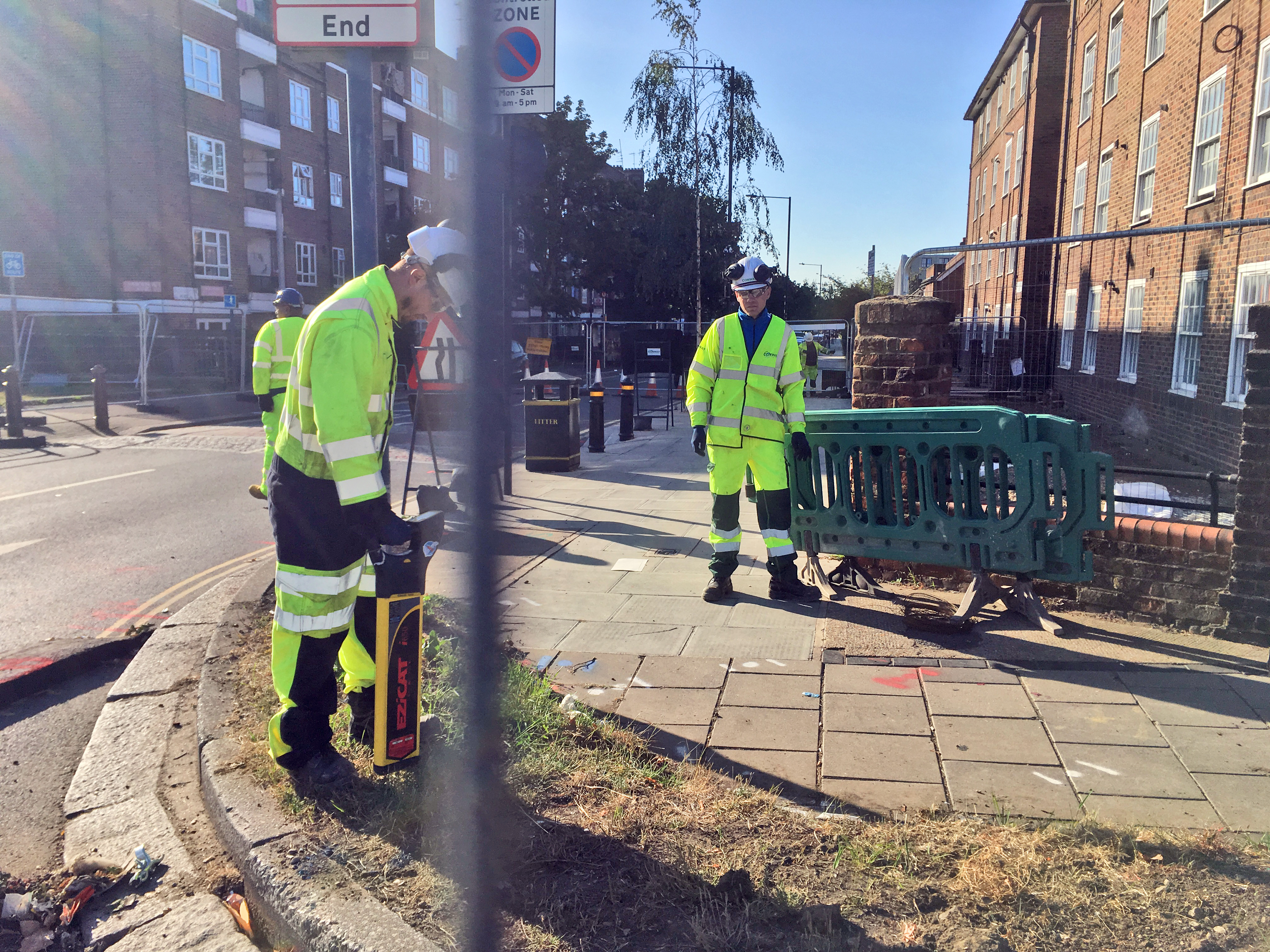Challenges and Solutions
Situated on one of Britain’s busiest roads in the A40, the project’s main challenge was working alongside high traffic levels, whilst maintaining access to the site.
FM Conway’s Civil Engineering Contracts Manager, Martin Phipps, said:
“Managing the traffic, gaining access to our sites, getting muck away and delivering plant and materials are virtually all daily logistical challenges. Being part of FM Conway means we can draw on substantial in-house resources for nearly everything that we need, crucially, when we need it.”
Careful traffic management was required on the project to ensure health and safety was paramount to the team, but also allowing for the space to work. To provide this, TfL were able to close off the A40’s west bound inside lane.
Daniel added: “We are protective of our strategic road network and don’t easily give up space – like the A40’s westbound inside lane for instance. When we do allow lane closures, we examine very carefully all plans to manage traffic and reserve the right to alter schedules in light of changing circumstances.”
This approach also enabled the general public, pedestrians and cyclists, to remain safe whilst works were carried out. The team also implemented an Asset Varioguard steel barrier to protect the team working by the road.
Martin explained: “Keeping pedestrians and cyclists safe is a key priority, with temporary traffic light controlled crossings of the A40 installed where they’re needed.”

